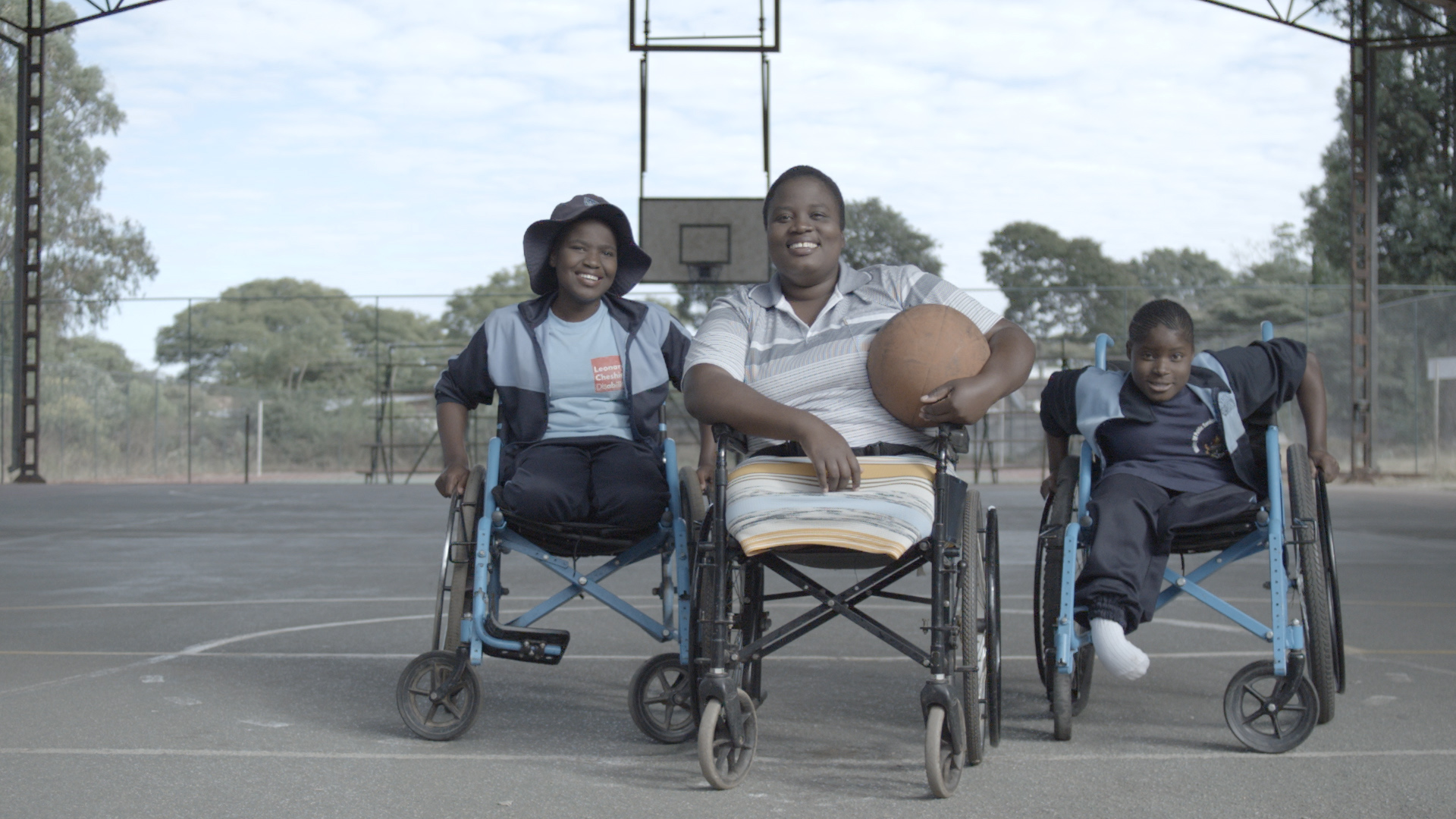When teenagers with disabilities seek sexual health reproductive services, they frequently hear, “You are disabled, why are you even having sex?” This exemplifies the level of discrimination that individuals with disabilities face on a daily basis. Despite the fact that one billion people worldwide have some sort of disability, individuals with disabilities are among the […]

